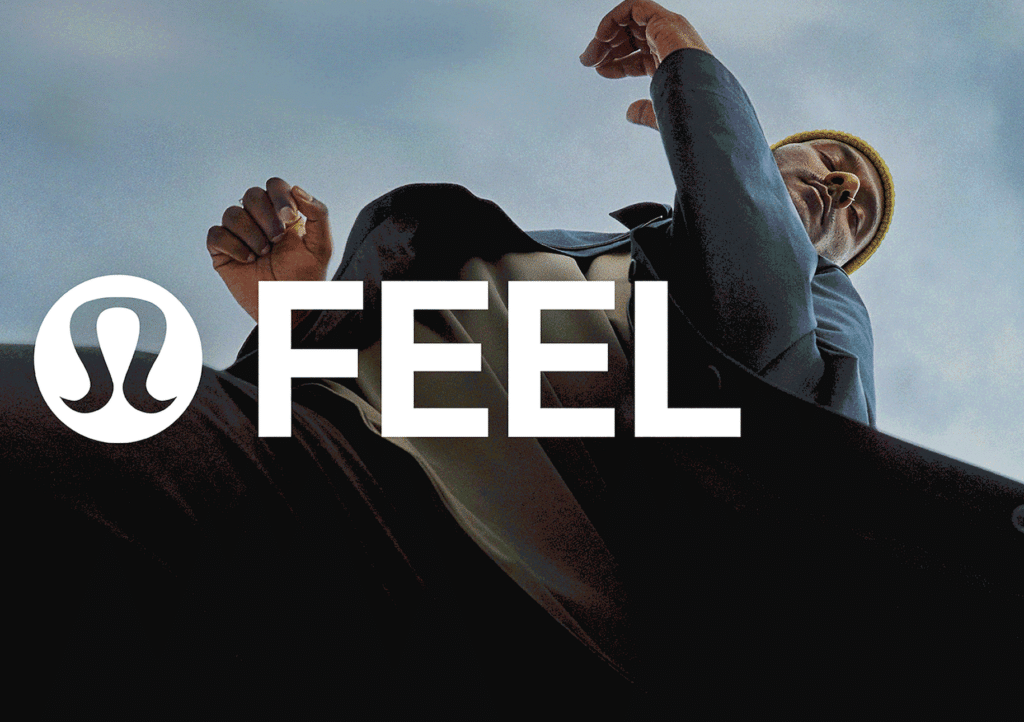Tapestry, Inc. announced that it will acquire Capri Holdings limited in an $8.5 billion deal. The transaction will being together an array of well-known fashion brands including Coach, Kate Spade, and Stuart Weitzman, which fall under the ownership umbrella of New York-based Tapestry, and Capri Holdings’s Versace, Jimmy Choo, and Michael Kors brands. Under the terms of the transaction, Capri Holdings shareholders will receive $57 per share in cash, representing a premium of nearly 65 percent, for a total enterprise value of approximately $8.5 billion.
The impending deal, which is still subject to regulatory approvals, is noteworthy as it is a clear indication that consolidation is still king in the luxury – and accessible luxury – segments of the market. More than that, though, the prospective American “mega-merger” is being characterized as the closest thing to a stateside luxury goods giant to take on European behemoths like LVMH, Kering, and Richemont. While “the combined company would still be dwarfed by [its] European rivals and lack the high-wattage labels and diversity that have fueled LVMH’s success,” for instance, the WSJ’s Suzanne Kapner wrote, the soon-to-be-bulked-up Tapestry is, nonetheless, betting on its European counterparts’ demonstration that in this segment of the market, being bigger is better.
In a statement on Thursday, Tapestry chief executive Joanne Crevoiserat said the acquisition “creates a new powerful global luxury house, unlocking a unique opportunity to drive enhanced value for our consumers, employees, communities and shareholders around the world”. Meanwhile, Capri CEO John Idol said, “By joining with Tapestry, we will have greater resources and capabilities to accelerate the expansion of our global reach while preserving the unique DNA of our brands.”
Updated
March 8, 2024
European Union antitrust regulators said that they will decide by April 15 whether to approve Tapestry’s $8.5 billion acquisition of Capri Holdings, which the parties previously announced in August 2023. As is customary, the European Commission is in a position to either approve the impending deal “with or without remedies” or to launch a four-month investigation in the event of serious antitrust concerns.











